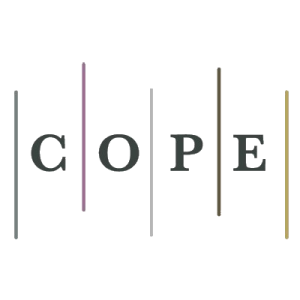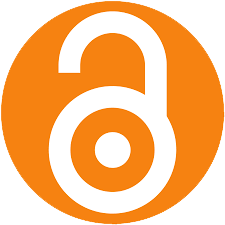2281 Views | 6566 Downloads
Future Assessment in Higher Education: Reframing Conventional Practices
Ramlee B. Mustapha
Abstract:
The role of universities in the era of the Fourth Industrial Revolution is
changing. New demands associated with living in a highly-technological and
globally-competitive world require today’s students to develop
non-conventional sets of competencies. In the 21st century,
universities are expected to have digital-savvy students. Hence, digital
technology is being used to transform assessment and to provide feedback
for students’ work. As such, the use of technology-enhanced
assessment (TEA) is expected to increase. This article discusses the
critical issues of assessment in higher education from varied
perspectives. This review signifies critical synthesis of assessment
corpus and envisages futuristic world of assessment. The intent is to
provide practitioners with tangible alternatives to conventional
assessment systems so that they are able to engage and produce more
responsive learners. In the old paradigm, assessment in the classroom
tends to collect cognitive data − both formative and summative
̶ to provide an indicator of each student’s achievement. In
the future, digital technology could be used to individualize assessment
for each student based on his or her own relevant learning trajectories.
Thus, it is critical to rethink the concept of educational assessment in
higher education.
Download Full PDF



